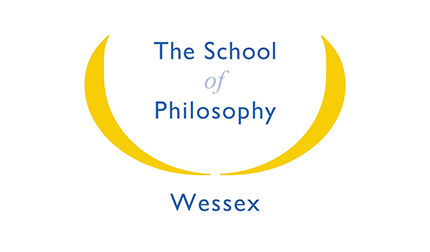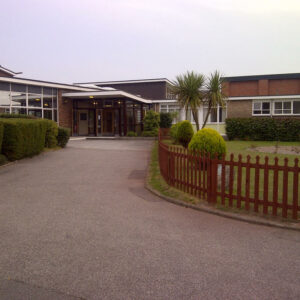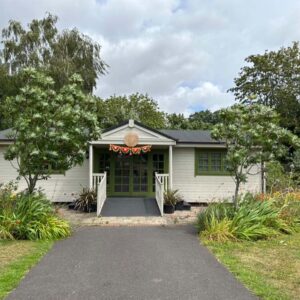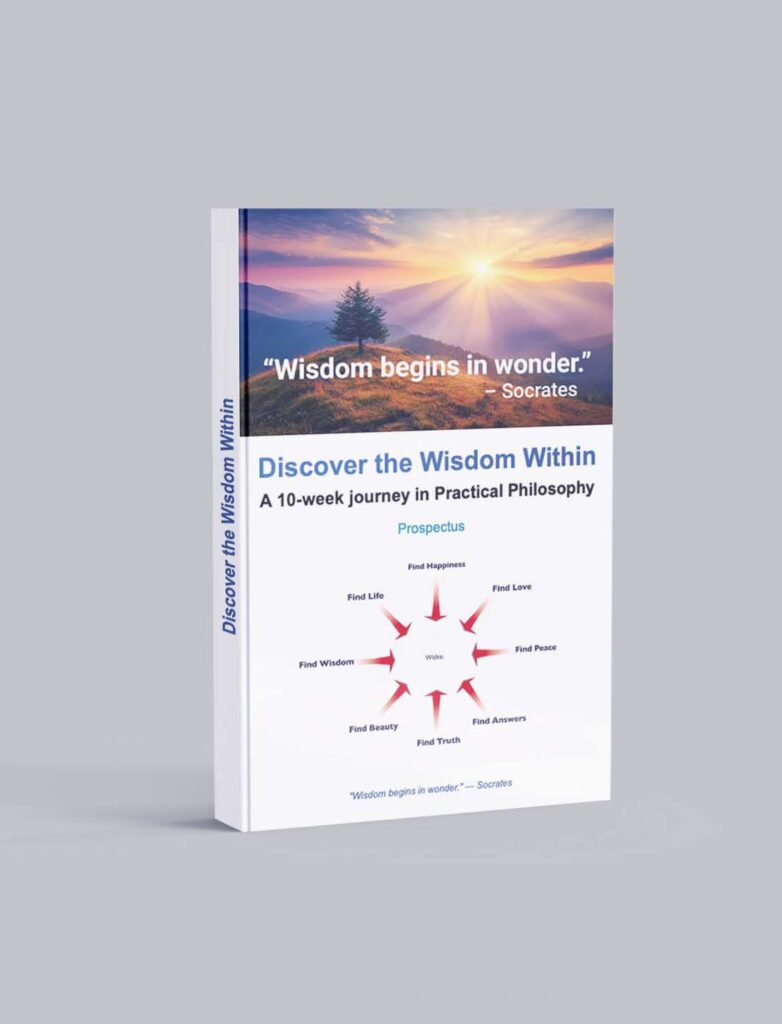Introductory Practical Philosophy Courses
Philosophy aims to set you free. Free from pressures and worries, free from limiting ways of thinking, free to grow and be yourself.
Take your first steps to freedom with our 10-week Introductory courses in:
- Courses
Introductory Practical Philosophy Course Poole – Tuesday 13th January 2026
£75.00Original price was: £75.00.£60.00Current price is: £60.00. Add to basket
- Courses
Introductory Practical Philosophy Course Southampton – Monday 12th January 2026
£75.00Original price was: £75.00.£60.00Current price is: £60.00. Add to basket
- Courses
Introductory Practical Philosophy Course Chichester – Wednesday 14th January 2026
£75.00Original price was: £75.00.£60.00Current price is: £60.00. Add to basket
Explore Life To The Full…
The courses offer a practical means to discover fully who we are, understand how to relate to the world we live in and see what gets in the way of being happy, peaceful and free.
Students are invited to see life as a place to test the words of the wise through practical and mindful exercises.
10 weekly sessions
The ten weekly sessions explore central human questions through discussion, practical observation, conversation and reflection in good company.
How it works
A tutor presents philosophical ideas, and leads a discussion based on what arises in the group. Being practical rather than academic, the emphasis is on personal knowledge and experience. Students are encouraged neither to accept nor reject the ideas put forward, but to test them in practice for themselves, in the light of their own experience.

"The knowledge and experience that I have gained from the philosophy classes has helped me to discover more about myself and better prepare for dealing with life's daily surprises and challenges."

“The daily awareness exercises … have changed my thinking and I feel more relaxed about situations in the media and other aspects of my daily life.”

“...I am benefiting greatly from the content and the practical nature of it. Thank you, it is enriching my life.”
Find Us on the Map
Check out our Poole, Chichester and Southampton location maps below…
Lorem ipsum dolor sit amet, consectetur adipiscing elit. Ut elit tellus, luctus nec ullamcorper mattis, pulvinar dapibus leo.




